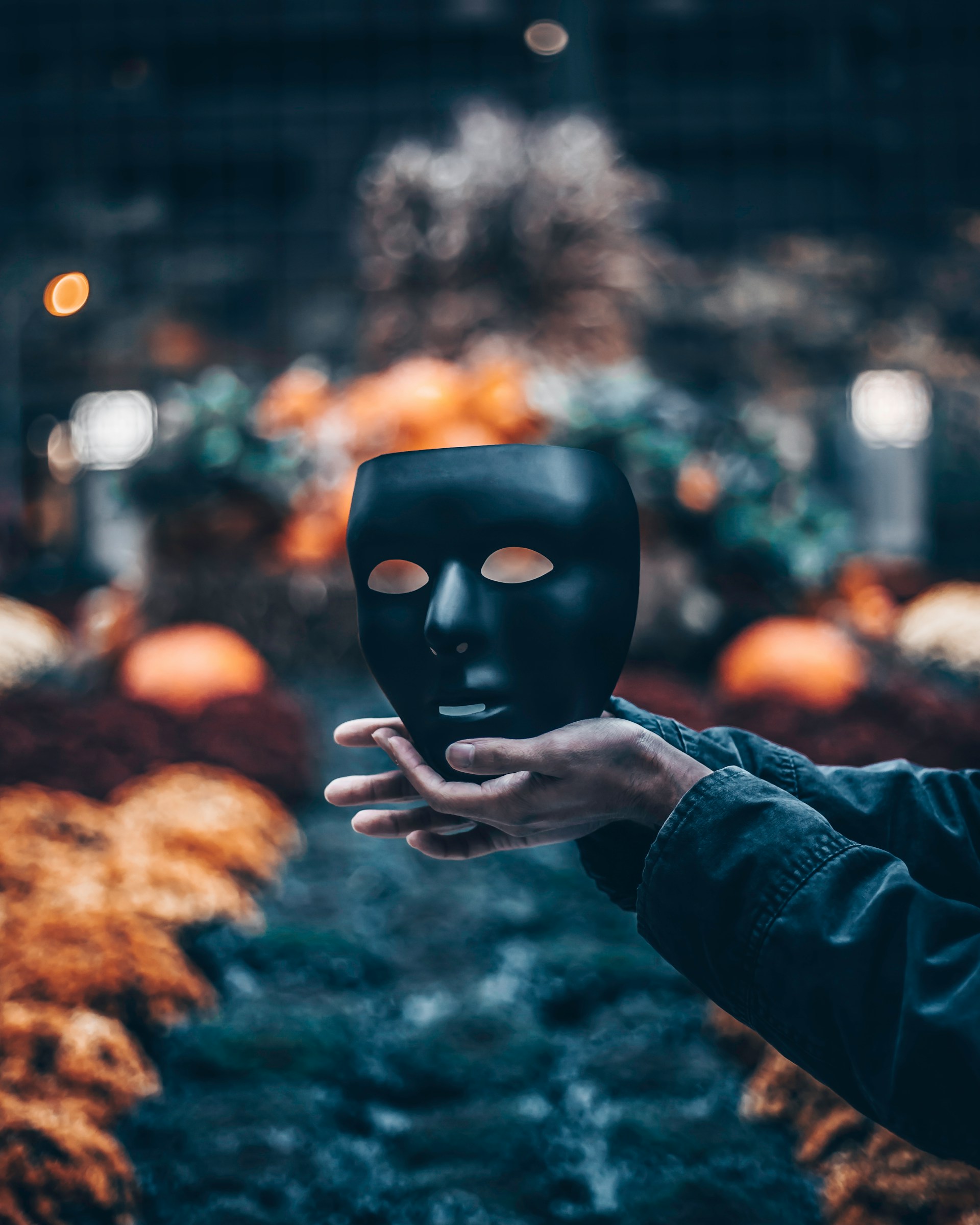Yesterday I was in a discussion with a bunch of other ministry people about vulnerability. I was encouraged by the engagement; it seemed like a very sensitive subject that pastors, who often feel the need to maintain some image of “altogetherness,” find difficulty navigating. I am glad that, at the very least, we were able to share some aspects of our lives with one another — if not among other pastors, who else would immediately understand?
The group who shared that we (mostly men in the circle) did not have good models of vulnerability growing up. We were taught to suppress our emotions or at the very least not let them get in the way of what we needed to do. Crying (at least for men) was not something to be done openly; we can’t show our weakness. “Weak” men would be looked down upon, not only by other men, but by women as well. No one showed us how to be vulnerable in a wise/healthy way.
I concurred; it was also my experience. But the more people shared, the more I started to wonder if the problem went beyond a lack of diversity was even having an effect on our longing for models. That in our longing for a model to emulate, that we short-circuit our own self-discovery.
The problem with the culture of our upbringing wasn’t just that we had few models growing up — we had role models everywhere — but how we related to those models. Our culture put forth a model of strength and resolve that dismissed emotions, and if you were able to emulate that model, you were accepted. Many of us who “succeeded” in the church were able to emulate this model well enough, and in doing so we patterned our lives to align with the models. But to do so we forsook the important task of knowing ourselves. The pressure of our cultures kept us so preoccupied with the model that we had to mimic that we did not check in with our own souls. We did not ask whether these models of “strength” were true to who we were. Adherence to models was a good enough shortcut to acceptance that we didn’t dig deeper.
In our present longing for models of vulnerability, I hope that we will not repeat the mistake of settling for mimicry of models, but would have enough models to spur us to know ourselves. I wouldn’t want the next generation to say, “We tried to be vulnerable like so-and-so, and discovered that life didn’t turn out for us in the same way it turned out for him.” I hope that we will have so many models of vulnerability and emotional health that it would help us explore and be curious about ourselves so we can be humble and curious with others.
Change is coming, but it will be slow. Even among the pastors in the room I could sense resistance but culture change takes time and incremental nudges. I hope that we will one day be models for others, not just in our own expressions of vulnerability, but as models of people who engage in the discipline of self-knowledge. May our vulnerability with ourselves through self-reflection free us to be vulnerable with others in our relationships.

